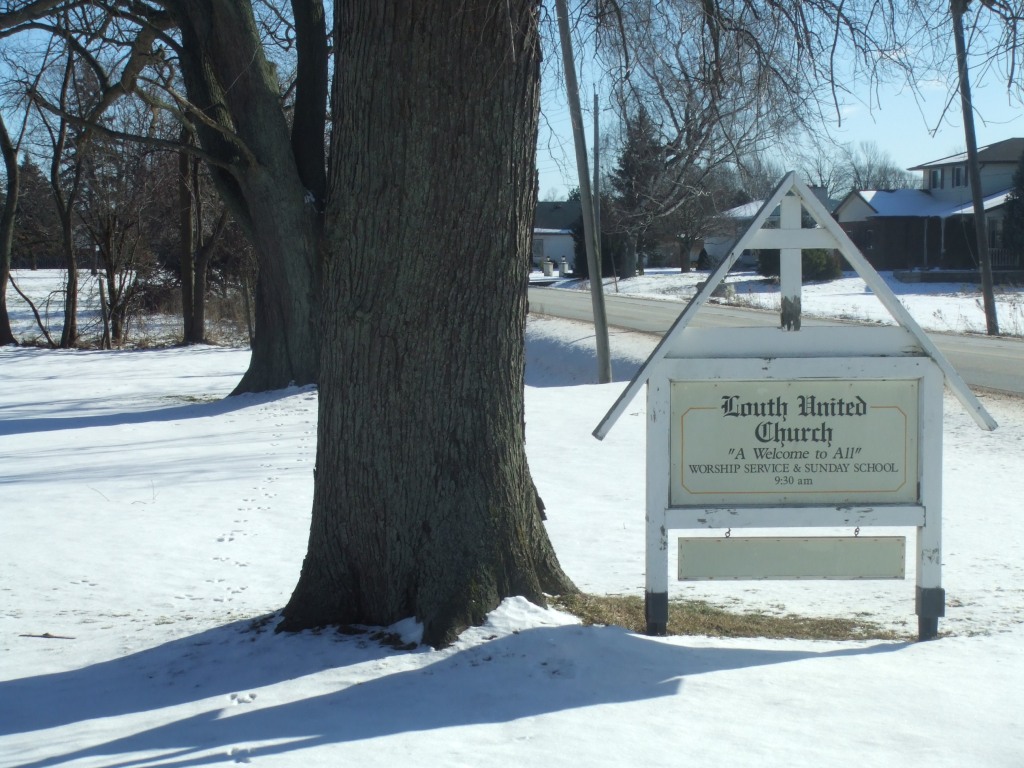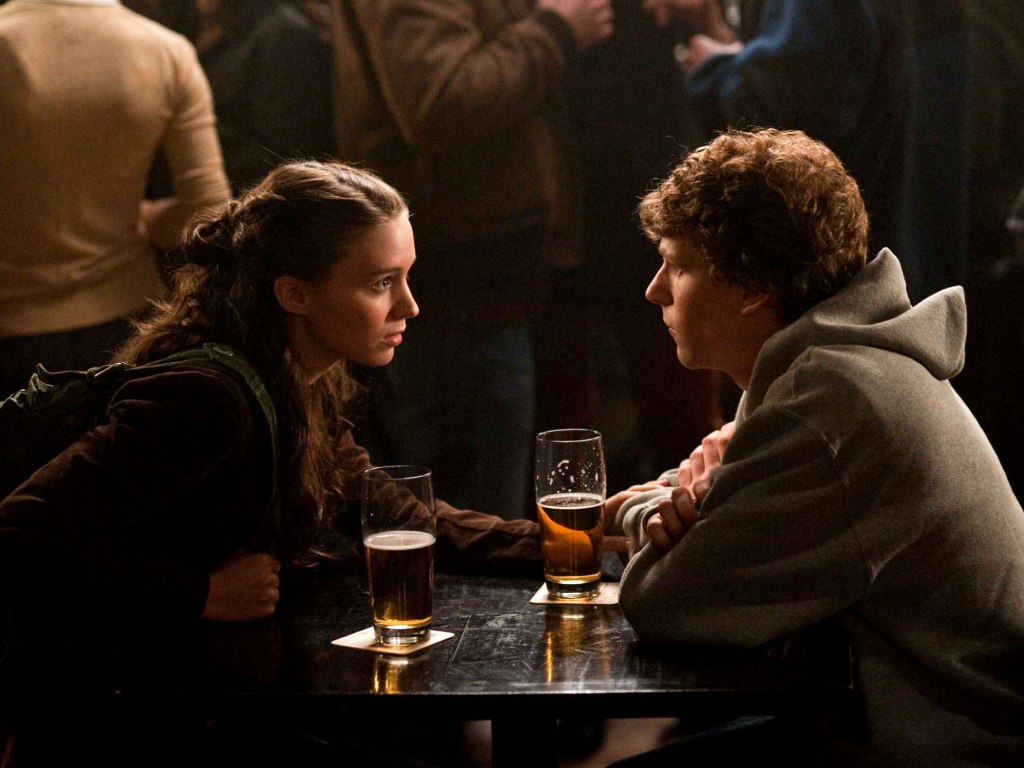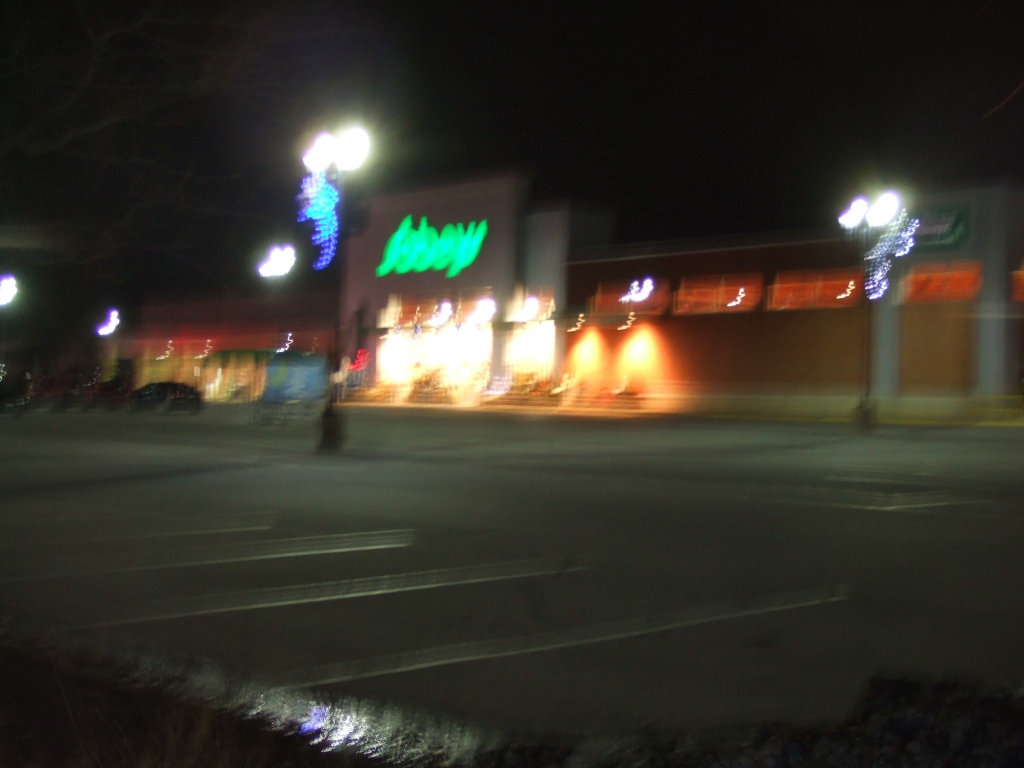If the subject of Facebook enters the conversation, my mom likes to say she isn’t on it.
That doesn’t mean there isn’t a Facebook account in my dad’s name, and I think my mother also thinks that the two of them, my mom and my dad, have the same outlook, and disposition. By that logic, I take it that an account apiece isn’t necessary for them. Comments they leave are usually attributed to one or the other.

I have a small Facebook account. But despite having a humble reverence for the David Fincher-directed 2010 film The Social Network, my pleasure in being on Facebook is helping to run a not-for-profit business. For example, this very morning, a woman let me know, with an email to the Facebook page for the business, that she finds the business very beautiful, and you’ll understand why in a moment.
In 2007, at the sales company where I worked, Facebook on the desktop computers was blocked, so that entrance-level employee couldn’t enjoy it. At that time, even for a young man like me, Facebook was a lifeline. In 2012, Facebook App Center, an internet-based portable store, was carried out onto the market.
The store at first had 500 Facebook applications. which were. for the most part, games. I remember wondering why was this happening. Why were so many users playing games?
Around this time, my dad did kind of a noble thing, when, after years of helping manage the municipal cemetery for his job, he came across a little cemetery on the other side of town. Their trustees were hoping to share the burial ground with the district he had worked for.
My father acquired the cemetery and welcomed me on as a partner in 2012. For a nonprofit, as a retiree might characteristically enjoy working at, presently we require one day a week, ordinarily.

I am not sure I suggested it myself, but it was probably me who did–making a business page on Facebook for the cemetery, so interested people could easily get ahold of us, like the woman did this morning. My dad had wanted a website for the cemetery, and this extra measure was one more step, a Facebook page
https://www.maplelawncemetery.org/24701.html
https://www.facebook.com/LouthUnited/

I compose posts that flow data about characteristic concerns we have. You see, I research and blog. I am an amateur writer.
I’ve composed a few brief tales, however, I don’t have the standard novel or screenplay that an essayist frequently has. I’m really an amateur blogger with family business ties. The business page on Facebook has nearly a hundred accounts of people who “like” it, and most of the control of the page falls to me.
One friend of the business, an elderly lady, I got to know a little during her brief visits to the cemetery, and also when the two of us interacted together on Facebook, had advice for me that I continue to apply on the Facebook business page.
My mother may never have signed up for Facebook, but I think she is pleased to think I show the initiative to manage the page. My mom worked for a small business for many years, as a clerk. We actually argue about many matters, but as long as I show a commitment to my dad’s retirement business, I continue to hold some cards in the game, between the three of us.
Nowadays Facebook has a significant draw, yet what we would never have expected are the losses Facebook has had to confront. Remember the lead-up to the appointment of 2016, when it was discovered that Facebook was utilizing Cambridge Analytica? That information firm gave Hillary Clinton a benefit, as her position was greater for Facebook than Donald Trump’s pass into the White House would have been.

It was trouble. Trump’s since been banned from Facebook, as well as from other social media. Granted, Maple Lawn Cemetery’s a small page, and we don’t handle cash transactions there, so the Cambridge Analytica scandal didn’t impact us much, although the distrust in the air that grew for Zuckerberg did have a toxic impact on how people used Facebook, compared to how they used it before the 2016 scandal.
Two days ago, in the early hours, CNET Tech, when reporting on Facebook going against the British Parliament, discussed online one Damian Collins, a member of parliament. Even now, Frances Haugen, CNET reports, is preparing to speak to British Parliament. It was Collins who took Cambridge Analytica to task in 2016, across the pond, and he is quoted as saying, “There needs to be greater transparency on the decisions companies like Facebook take when they trade off user safety for user engagement.”
The issue is that Facebook utilizes information about its customers to maneuver them to invest more energy, again became a national topic Sunday when Frances Haugen, a former Facebook worker, showed up on TV to clarify that Facebook is investigating strategies for better compelling and ultimately how to benefit from kids helpless against Facebook fixation.
Facebook has been successful this week demonstrating to the European Union that Facebook has adequate privacy protections in place, but they remain dodgy. Frances Haugen did them no favours, however.
You know, I don’t think my mother thinks about those kinds of things.
My mom has the perception that people are talking to each other when they are posting on Facebook. You can say that’s true, however, I think she sees those individuals “talking” rather than the more accurate description that anyone, when Facebook posts are public, can cooperate with those posts. The explanation for this is those messages from Facebook, about those individuals that you have been cooperating with, is not that those individuals posting have chosen companions to send messages to (ie my mom, I suppose).
What I mean is that when my mother is happy to leave a comment on a post, say, composed by a cousin of hers or by an aunt, with my dad’s account, the reason emails from Facebook come back to him with reminders is that my mother has initiated contact, with his account, with those family members, it is not because those family members want emails sent to him and to her (my mom and dad).
The drawback I personally have run into on Facebook is that I have that one friend who reacts to lots of the posts I do put up. He’s bizarre. I know there’s a cliched perception that if your mother is reading what you are posting on Facebook, you are dealing with trouble, but to that end I don’t remember too many times that the account that my mom and dad use came back with reactions to my posts.
My mom is good that way. Lots of times, I am dropping posts with little to no engagement, although I have an idea what works to at least merit a little bit of a reaction.

Many people prescribing what’s called a dopamine detox suggest staying off social media. Sometimes they say they never felt better after getting away from Facebook for a while (better, or clearer-headed).
I don’t think my mom ever felt Facebook was a problem among me and my brother and my sister. We aren’t children.
My mom doesn’t like me eating too much junk food, but she doesn’t raise objections to too much Facebook use. It just isn’t that Facebook is the problem its detractors say it is.
I doubt that Zuckerberg is the disrupter that Jesse Eisenberg plays him as in the David Fincher film. That really is great cinema. The brilliance of the ambiguity of the conclusion of the film leaves you with the knowledge of how the film’s events next played out in the real world and leaves the audience to ask an existential question, about the value of what Zuckerberg has done.
Jessie Eisenberg as Mark Zuckerberg is the Nietzschean overman who makes a brave journey, a very satisfying ideology. I find Facebook pleasant and harmless. Occasionally if I come on too strong, for a stranger’s liking, I get rebuked, but usually, I pick safe moves that don’t rock the boat too much.

Compared to both Facebook and Instagram, where the drawbacks are becoming ugly to discuss, I retain an optimistic view of Twitter, and I respect the measures Jack Dorsey has implemented to deal with hate speech, which while known to be a problem on Twitter, doesn’t engender the same conversation that I know of that it does about Facebook. Twitter is actually getting so it can conceivably warn you if you are writing an incendiary tweet. It is a changing attitude for the service, for sure.
About Facebook, people say things like hate content will earn more views and that is probably true, although I don’t know why. Facebook is being blamed for allowing this. I think that a person can be more attractive if they aren’t focused on material that is hateful.
A spiritual outlook is better, I think, say, like to believe that there is good in everyone, if it is only nurtured. Hate is a terrible quality to define a person by. There is vast beauty in the world, and to spend your time on Earth consumed by hatred is not a fine way to live life.
When I was a little kid, my mother would say the cliché, “If your friends jumped off a bridge, would you do the same?” It’s not quite the same thing, as my mom doesn’t think there’s anything wrong with Facebook. I don’t, really, either, despite the Cambridge Analytica scandal in 2016, and now the Frances Haugen 60 Minutes debacle.
Perhaps those people with whom my mom chats on Facebook, though they may understand Facebook better than my mother does, do like having comments from her, and like having their posts viewed. That my mother can mentally translate Facebook use into a “chat” that is organic in the sense that people are having a catch-up lets me know that there are probably many people who view Facebook, and Facebook Messenger, the same as that.
The mental concept of Facebook automatically translates into a natural style of conversation instead of being too robotic, which is old hat for anybody who can remember the days that Internet chat was a chief part of the Internet’s function, whether that was AOL or MSN Messenger, or, these days, Facebook Messenger.
Perhaps my participation in services like MSN Messenger back in the day helped elucidate for my mother how it is that Internet chat goes, but it is more likely that talk with my sister Kaite is what educated my mother into an understanding of Internet chat, as Kaite thinks of herself as an early adopter of Facebook.
Like a feedback loop, my sister’s instruction to my mother brought round for me insight into how people view Facebook and Facebook Messenger. Other people must have similar reactions when they are becoming familiar with it. While I would have understood it regularly given my experience on MSN Messenger as everybody had in the 2000s, I too feel that I am right as rain about how it is to be on Facebook, but not at the expense of how I feel it is to be part of a community inside Facebook.
The problem is the question of whether Facebook will keep a good enough reputation for itself among most Internet users around the world. Though my mom’s understanding of Facebook is probably largely due to my sister’s help, I think my mom is right that she sees the use of Facebook in a simple but useful light. None of that would be going on without my sister’s words of explanation for my mother and father.
I should remember that when I am writing emails to Kaite. Respect due, Kaite is married and has a little one at home, and has been working in the city of London, England, where their family resides.
My mom may discourage junk food, but Facebook is right by her. I remember my high school librarian who referred to many works of fiction as being “ice cream reading,” meaning they weren’t high-value books. Funny how that is.

You’re welcome to like this post, follow my blog, and leave comments. All the best, especially if you are on Facebook. If you want to contact me by email, you can, at the personal email patrickcoholan@hotmail.com
My personal Facebook account is https://www.facebook.com/findingenvirons Don’t think you can be affected? Give it a go. I hope you have a great Halloween this season.



